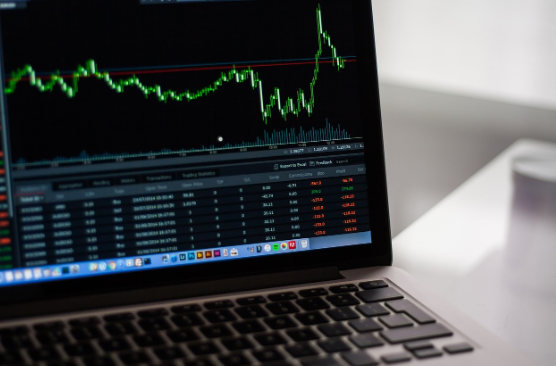#volatility #memeStocks #retailInvesting #stockMarket #investmentRisks #marketTrends #financialAnalysis #retailerPerformance
In the intricate ballet of the stock market, the interplay between retailer performance and investor sentiment can often produce unexpected turns. Analysts have flagged a particularly poignant concern for one retailer, which finds itself under the magnifying glass due to elevated volatility and the looming specter of being crowned the next meme stock. This designation, while it may seem humorous or inconsequential at a glance, carries substantial implications for investor behavior and, consequently, stock stability.
Volatility in the stock market is a measure of price fluctuations over a given period. For individual securities or sectors, heightened volatility indicates a greater degree of uncertainty or risk, as prices can swing widely in either direction within a short time frame. When a retailer, or any company for that matter, becomes the subject of increased volatility, it often signifies investor unease or speculative trading—factors that can detract from the underlying fundamentals of the business. The potential meme status only compounds this volatility, drawing in speculative traders and retail investors looking for quick gains, often based on social media hype rather than financial analysis or company performance.
Analyzing this phenomenon further, becoming a meme stock is not always detrimental; it can provide a temporary boost in stock price and liquidity as retail investors rally behind it. However, the longer-term view is less rosy. The volatility introduced by meme status can make it difficult for companies to plan for the future, raise capital, or manage stock-based compensation. Moreover, the volatility can alienate institutional investors, who may view the stock as too speculative or unstable for investment. Analysts warn that for retailers caught in this tumult, the road ahead may be fraught with challenges, including market skepticism and a potentially distorted valuation that no longer reflects the company’s financial health or growth prospects.
In summation, while the allure of becoming a meme stock might seem enticing due to the influx of investor attention and potential short-term price appreciation, it’s imperative for retail companies and investors alike to approach with caution. The blend of heightened volatility and meme status can lead to a complex market dynamic, where the traditional fundamentals of investing take a backseat to trends and sentiment. As such, analysts advise investors to keep a keen eye on companies with solid fundamentals and a clear path to profitability, which stands as a more sustainable strategy in the unpredictable tides of the stock market.







Comments are closed.